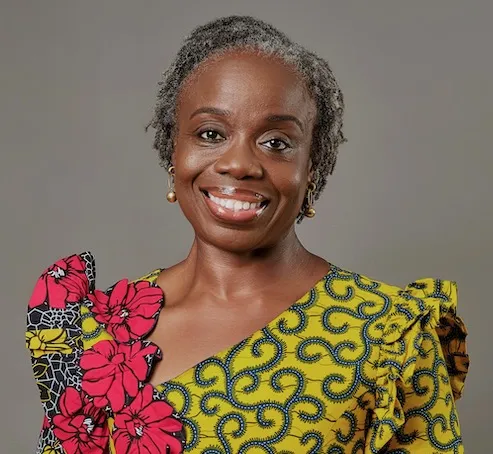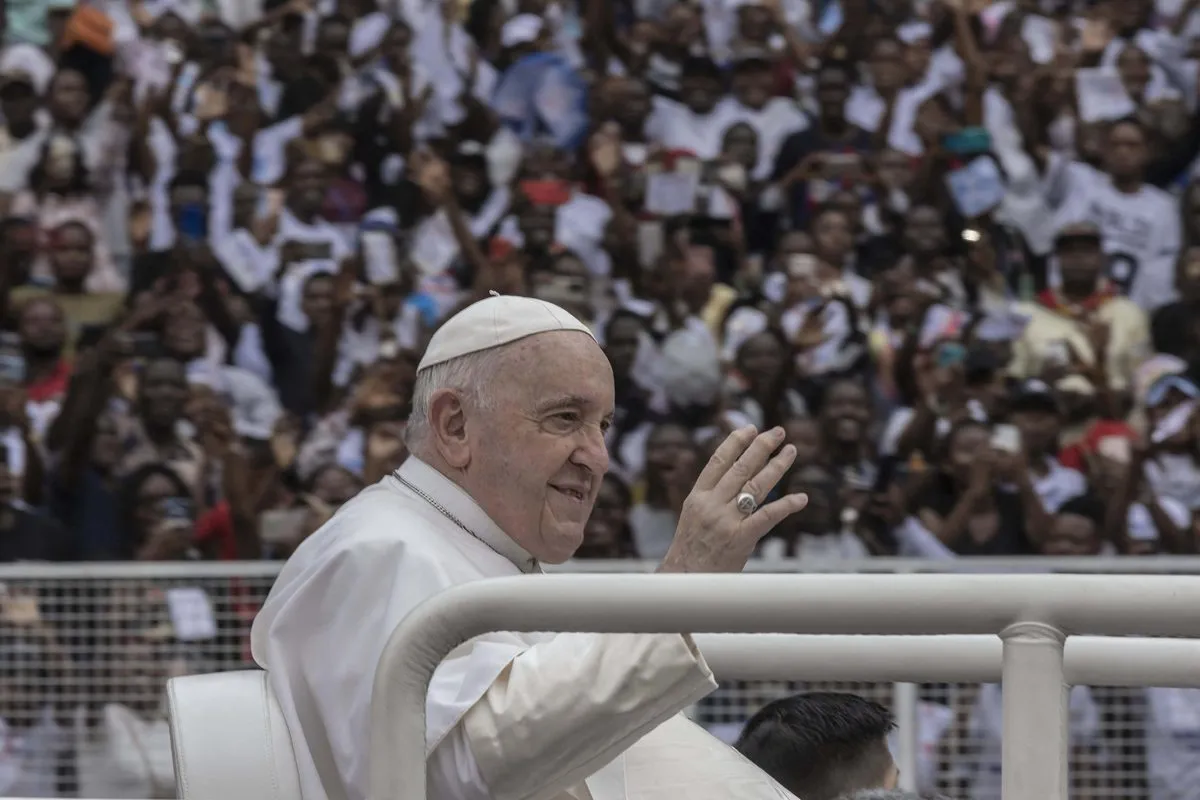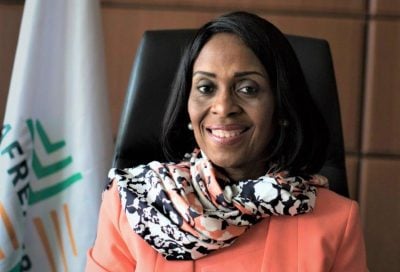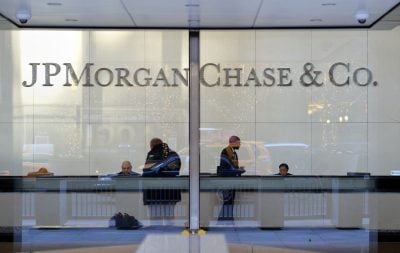Pope Francis spent his papacy reminding the world of a profound truth: an economy that discards people is not only unjust – it is unsustainable.
Nowhere is this more evident than in the growing crisis of sovereign debt across Africa.
Today, more than half of low-income African countries are either in debt distress or at high risk of it. Governments are forced to choose between repaying external creditors and investing in healthcare, education, or climate resilience. In some nations, servicing debt consumes over 40% of public revenues – more than double what is spent on social protection.
This is not the result of profligacy alone. It is the outcome of a broken international system – one that Pope Francis rightly criticised for placing financial markets above human dignity.
The consequences are stark. Economies stall. Investment dries up. Frustration and hopelessness grow among a generation of young Africans who should be driving global prosperity, but instead find their futures mortgaged away. This is not only an African problem; it is a global one. In an interconnected world, spiralling instability anywhere becomes a threat everywhere.
Yet change is possible – if there is courage to act.
In recent years Pope Francis was a rare voice of moral clarity on debt. At international summits and through his writings, he called for “a new ethics” in global finance, urging leaders to ensure that debt “does not compromise the future” of entire nations.
His leadership came at a critical time: the mechanisms that we rely on to manage sovereign debt are broken. The G20’s Common Framework, the debt-relief programme originally established to alleviate the economic impacts of the Covid-19 pandemic, has proved sluggish and toothless. Private creditors, who now hold a large share of Africa’s external debt, often refuse to negotiate in good faith, maximising profits while public institutions absorb the risks.
The result is paralysis. Countries linger for years in restructuring processes that are too slow to spark recovery and too weak to restore credibility.
What Africa needs – and what the world needs – is a modern debt settlement process grounded in fairness, speed, and shared responsibility.
First, we must establish an independent global debt workout mechanism – a neutral forum, bound by clear rules, where sovereign debts can be restructured efficiently and fairly. If companies can declare bankruptcy without shame, nations should not be condemned to endless fiscal purgatory when they do the same.
Second, private creditors must be compelled to participate in restructurings on equal terms with public lenders. Voluntary approaches have failed. Legislation in major financial centres must make equitable participation a legal requirement.
Third, the African financial architecture must shift fundamentally. The continent needs stronger African institutions that can provide grants, equity investment, and better debt instruments.
Finally, African governments must be more accountable to citizens: responsibly increasing tax-to-GDP ratios, cracking down on illicit financial flows, and spending efficiently rather than expediently. They must also invest more wisely: in the skills that citizens will need for decent jobs, and in the capacity of their debt management offices to ensure better deals that pay off in the long term. This will require resources, some of which may be borrowed. Debt is not necessarily bad – if it is used productively.
These are not acts of charity. They are investments in global stability, prosperity, and security that will pave the clearest path toward economic transformation and a better future for our children. A thriving Africa – home to the world’s youngest and most dynamic population – is essential for a thriving world.
Pope Francis reminded us that markets must serve people, not the other way around. Debt should be a tool for development, not domination. Let us keep in mind his words from Bolivia in 2015, which ring just as true a decade later: “The first task is to put the economy at the service of peoples.”
In the wake of his death, tributes have rightly praised his compassion, humility, and courage. Yet addressing debt inequality could become one of his most enduring legacies.
The responsibility now lies with all of us policymakers, financiers, and voters, who face a simple but profound choice: repair a broken system or entrench a global injustice that will cost the world.
History will remember what we decide.
Want to continue reading? Subscribe today.
You've read all your free articles for this month! Subscribe now to enjoy full access to our content.
Digital Monthly
£8.00 / month
Receive full unlimited access to our articles, opinions, podcasts and more.
Digital Yearly
£70.00 / year
Our best value offer - save £26 and gain access to all of our digital content for an entire year!

 Sign in with Google
Sign in with Google 



